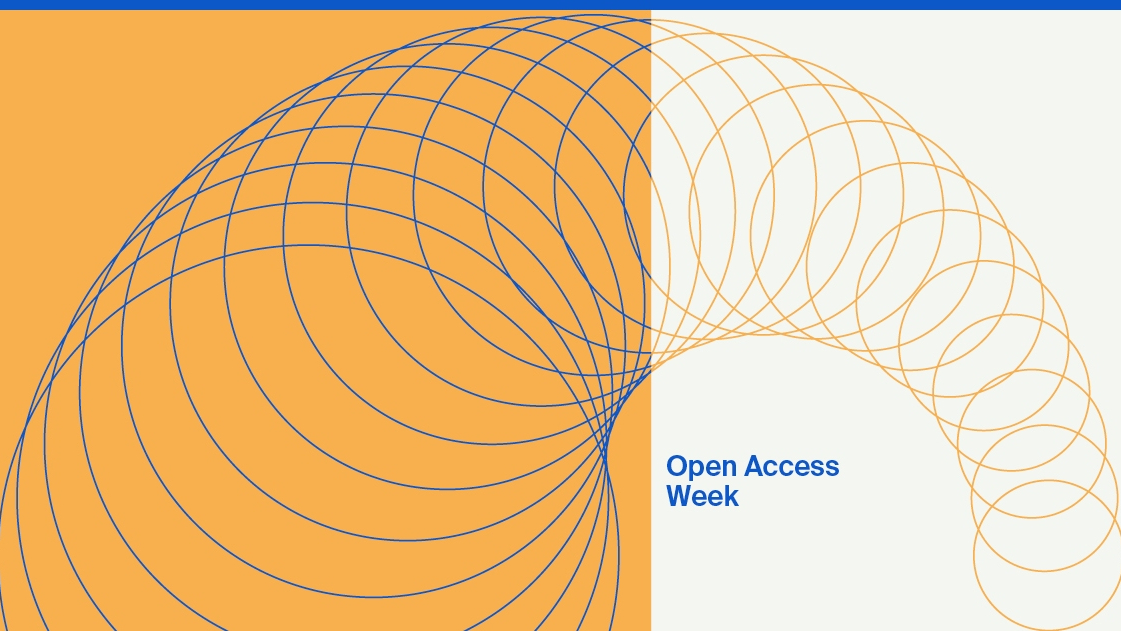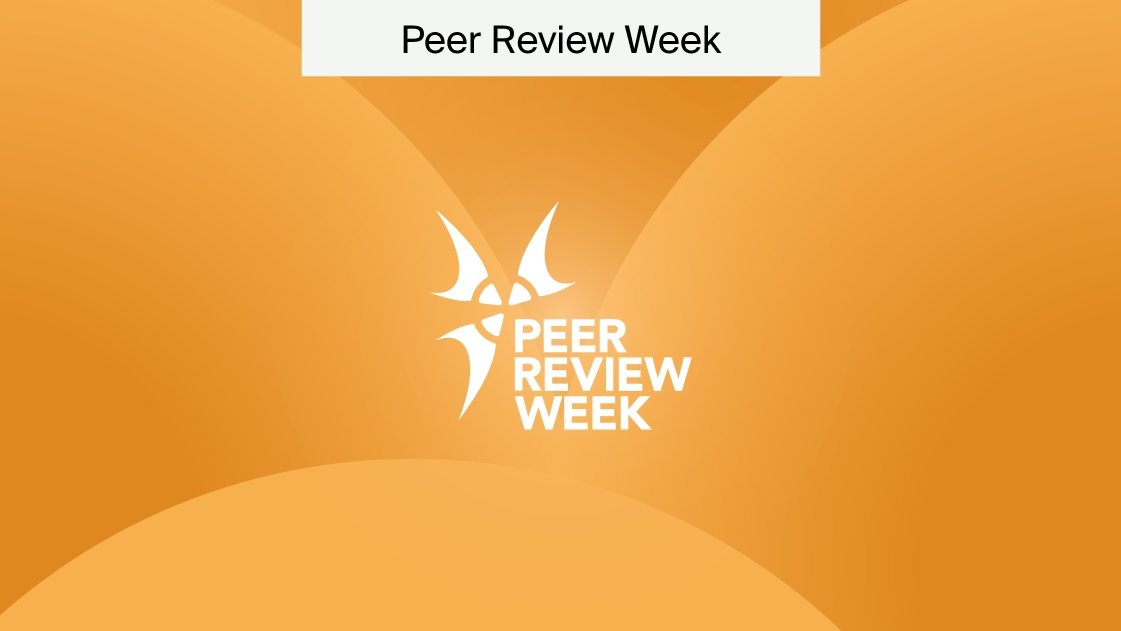
Are Preprints the Future of Open Access Publishing?
In the fast-paced world of science, wouldn’t it be great if scientific research could be published more or less immediately for quick and easy access and use, without being stuck behind a paywall? Well, preprints allow just that. Preprints are early versions of research papers that are not subjected to a peer-review process, which means they can be published, accessed and cited more quickly than regular research papers. Are preprints the future of Open Access publishing?
The need for preprints
The COVID-19 pandemic has highlighted the need for preprinting in times of crisis as it facilitates the fast dissemination of research, which can be accessed free of charge and built upon in subsequent research and development. This was discussed at the recent OASPA webinar, So can publishing respond to a crisis? Our roundup of the key points of the webinar can be found here. This can also be applied in environmental science regarding the urgent demand to develop more sustainable practices to tackle the climate crisis.
Preprints have also presented some limitations. As highlighted at APE’s recent conference, The Future of the Permanent Record, although preprints are open to feedback from any reader, preprints do not undergo a thorough peer review process. Conclusions of preprints that have not been fully verified can be picked up by news outlets and social media, which can lead to the circulation of misleading information and fake news.
I spoke to the Managing Director of Preprints.org—a not-for-profit open access multidisciplinary preprint platform supported by MDPI—Mila Marinkovic, to gain an expert’s opinion on the world of preprinting.
What is the importance of preprinting?
Preprints align quite closely with the open science ethos of collaboration and broad dissemination of research works. In my opinion, it creates benefits, both for researchers and for overall scientific progress.
How does Preprints.org work?
The Preprints platform is dedicated to making early versions of research outputs available and allows authors to share their work openly and rapidly. A preprint is any scholarly article that has not yet been peer-reviewed or published in an academic journal. When a manuscript is announced on the Preprints platform, it can receive comments and feedback, be immediately indexed by Google Scholar and other online databases, and is citable via the assignment of a digital object identifier (DOI).
Nowadays, the number of papers deposited as preprints is rapidly increasing and we expect the trend to continue in the coming years. Also, more and more publishers support working papers/preprints (information can be found at http://www.sherpa.ac.uk/romeo/).
How do you think the progression of preprinting will look in the future?
Undoubtedly, preprints will be more and more present in the scientific environment. We are all witnessing the shift of old publishing practices into a digital world. Preprints are a good and effective means of disseminating scientific ideas and information in a fast and reliable way.
What are the disadvantages of preprints (such as fake news due to a lack of peer review), and what do we do at MDPI to help combat them?
Yes, content on preprints is not yet peer reviewed, but every preprint submitted to MDPI undergoes a strict check before it is put online to ensure that it will make a reliable contribution to knowledge in the field. We also have an internal and external advisory board, whose role is to provide feedback on the new submissions in their field, in cases where the editorial team require an expert opinion.
And yes, sometimes there are issues with the manuscripts announced on Preprints—it must be admitted. However, the same can be said of some papers that have passed peer review and appeared in high-profile journals!
Why is it important that preprints are open access?
It is very important since the core of the preprint idea is the fast and wide spreading of research results. Preprints help to circumvent the waiting period by allowing authors to publicly share their articles as soon as they are ready to do so with a Digital Object Identifier (DOI), a unique string that makes the preprint citable even before formal publication and facilitates links between the preprint and the final version when it is published in a journal.
Information on how to submit a preprint and FAQs can be found on the Preprints website. It must be taken into consideration, however, that when submitting for publication, it is important that MDPI is made aware if the submission exists elsewhere as a preprint as this allows us to ensure that it has not been officially published beforehand.











can MDPI accept my published preprint article on Research Square? Is it a problem to pass the plagiarism check?
Hi,
Please get in contact with the journal you are considering submitting to directly; you can find their email on the journal homepage.
Hope this helps answer your question.